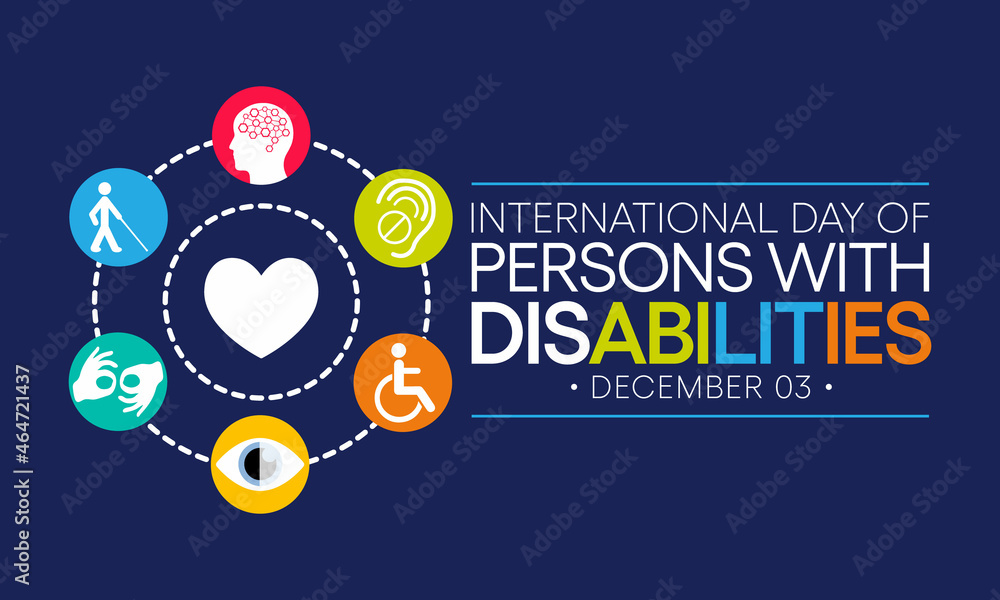Whether you’re diving in for the first time, rejoining after a break, or looking for a change, navigating the world of employment can sometimes feel challenging. But it doesn’t have to be. Here are some general tips and we’re happy to meet with you and work on your personal goals. Just email us to set up a time.
- Know Your Rights: Before you even start hunting for jobs, it’s crucial to understand your rights as a person with disabilities. Legislation like the Americans with Disabilities Act (ADA) offers protection against discrimination in the workplace. This helps ensure you’re treated fairly throughout the hiring process, and it provides a foundation of understanding for what accommodations employers are legally obliged to consider.
- Resume Crafting: Your resume is more than a document; it’s a story — the story of you. Highlight your strengths, your past experiences and your aspirations. If there’s a gap in your employment due to disability, remember, you don’t have to leave that period blank. Volunteer work, freelance projects, skills development courses, or anything else you’ve done that’s relevant can fill in those spaces. Employers appreciate seeing how you’ve stayed engaged and proactive.
- Disclosing Your Disability: This is a personal decision and can be one of the trickiest parts of job hunting. You’re not legally required to disclose your disability during the application process unless it’s necessary for an essential function of the job. However, if you need accommodations for the interview, it’s important to communicate this beforehand. Remember, disclosing is a personal choice, and timing can be everything. Whether you choose to discuss it in your cover letter, during the interview, or after receiving a job offer, do it at your own pace and when you feel comfortable.
- Interview Prep: Interviews can be daunting, but they’re also an opportunity to shine. Prepare responses for potential questions, and don’t shy away from addressing your disability if you’re comfortable doing so. Practice with a friend or family member. If you need accommodations for the interview, request them in advance. Remember, an interview is a two-way street; it’s as much about you assessing a potential workplace’s fit and accessibility as it is about them evaluating you.
- Networking: Sometimes, it’s all about who you know. Connect with disability advocacy groups, attend relevant workshops or webinars, and don’t hesitate to reach out to prospective employers or organizations. LinkedIn and other professional social networks are great places to start building these connections. Also, consider joining job-search groups for individuals with disabilities; shared experiences can lead to shared opportunities!
Remember: You have unique strengths and perspectives that are incredibly valuable to employers. It’s not just about finding a job; it’s about finding a place where you can thrive and contribute wonderfully. Reach out to friends, family, and support groups, and remember that we’re here to help, too!
Here’s to your success — you’ve got this!



